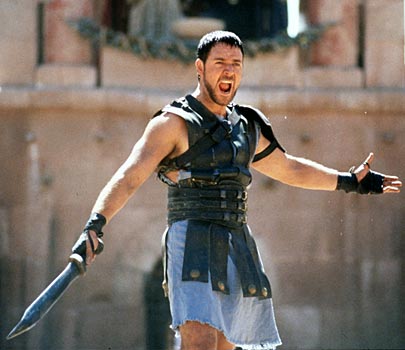We handle an innovative aspect of psychology. It regards the psychology of performance.
The challenges:
• Know the best professional experiences to use as a yardstick of our professional action
• Understand what it means continuous improvement in this field
• Get in line or higher than the sector average
We have to evaluate ourselves in relation to:
• Short- and medium-term professional goals
• Psychological implications of this work for the psychologist
• Performance Profile required for these targets
• Who / what can promote my profession
• Risks and possible individual, professional and environmental difficulties
• Quality of the work program
• Quality of service provided
• Customer satisfaction





